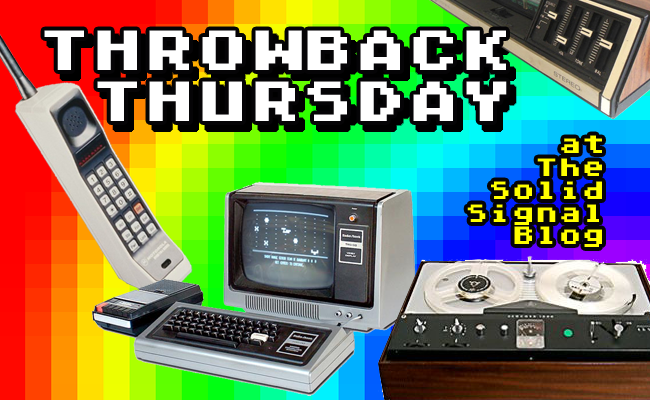In the summer of 2014 we had a very special guest blogger here at The Solid Signal Blog. Brandon Weiss was interning at Solid Signal back then, as part of our product team. He asked me if he could take on a couple of blog articles and I was happy to say yes.
The future of batteries
Brandon told us back then that the future of batteries involved moving away from lithium. Lithium-ion batteries are still the king of the hill five years later, though. There has been a lot of research on different materials and solid-state batteries, but so far no mass-market breakthroughs.
It’s believed that some Tesla research will pan out shortly but it still involves lithium-ion technology. It’s just managed better to help the battery last longer.
Obviously we are all just as excited as Brandon about the idea of battery breakthroughs, but those breakthroughs just haven’t happened yet.
Why is this so hard?
I’ve famously written that the problem with everything is the battery. Without its battery, your phone could be as thin as a quarter and as light as a potato chip. If batteries were more effective, we could get a lot more power from solar and wind farms, which are only effective when they generate power. Today’s electric cars are roughly 20 times more efficient than their gas counterparts, but if they didn’t have to lug around 1,200 pounds of batteries they’d probably be 30 times more efficient and go three times further.
Researchers all around the world are working on battery technology, but it’s not going terribly quickly. People want a battery that can be charged nearly instantly and store a virtually unlimited amount. At the moment, we would need to change our understanding of physics to make that happen.
Avoiding the boom
As several companies have found out (remember the Samsung Galaxy Note 7?) the problem with trying to charge or discharge a battery too fast is that it causes a chain reaction. Liberating too much energy without giving it somewhere to go, or inserting too much energy without a way to store it, is… bad. Bad as in exploding bad. In order for batteries to work better, they have to be more sturdy. Today’s batteries are often just plastic bags of jelly. That’s not going to do much. They also can’t store energy very fast because they rely on a chemical reaction.
Chemical reactions underly every form of energy storage we know. Sunlight hits chlorophyll and changes to energy so plants can live. Food is broken into component parts and changes to sugar, then that sugar is broken down further. That’s how animals live. Electricity goes into a battery and changes way the goo inside behaves. It’s all chemical reactions.
If we knew how to store energy without a chemical reaction the whole world would open up to us.
A fusion battery?
For half a century we’ve talked about atomic fusion. If you put enough work into it, you can take a simple element like hydrogen and turn it into a less simple element like helium. If you could take an element like hydrogen and turn it into something much more dense like lead, you would have immense potential for energy storage. Turning the lead back into hydrogen would liberate massive amounts of energy. In a case like this, a piece of lead the size of a marble could power a house for a month.
The problem is, we don’t know how to do it without a lot of energy being wasted. That wasted energy tends to well… explode in giant mushroom-fireball-clouds. Which again, is … bad in case you weren’t sure.
I wonder what Brandon thinks about all of this.
I really ought to call him. I hear he’s doing great and has all sorts of other stories to tell.


